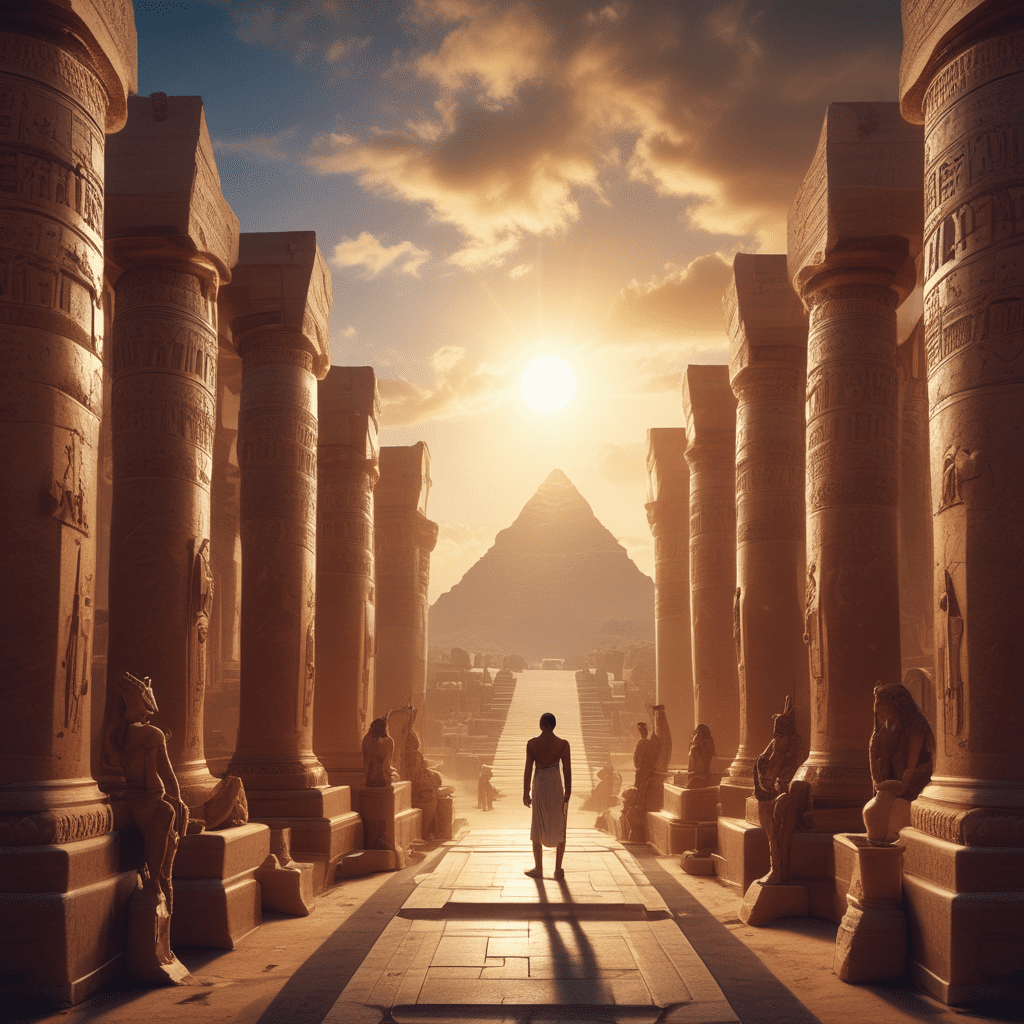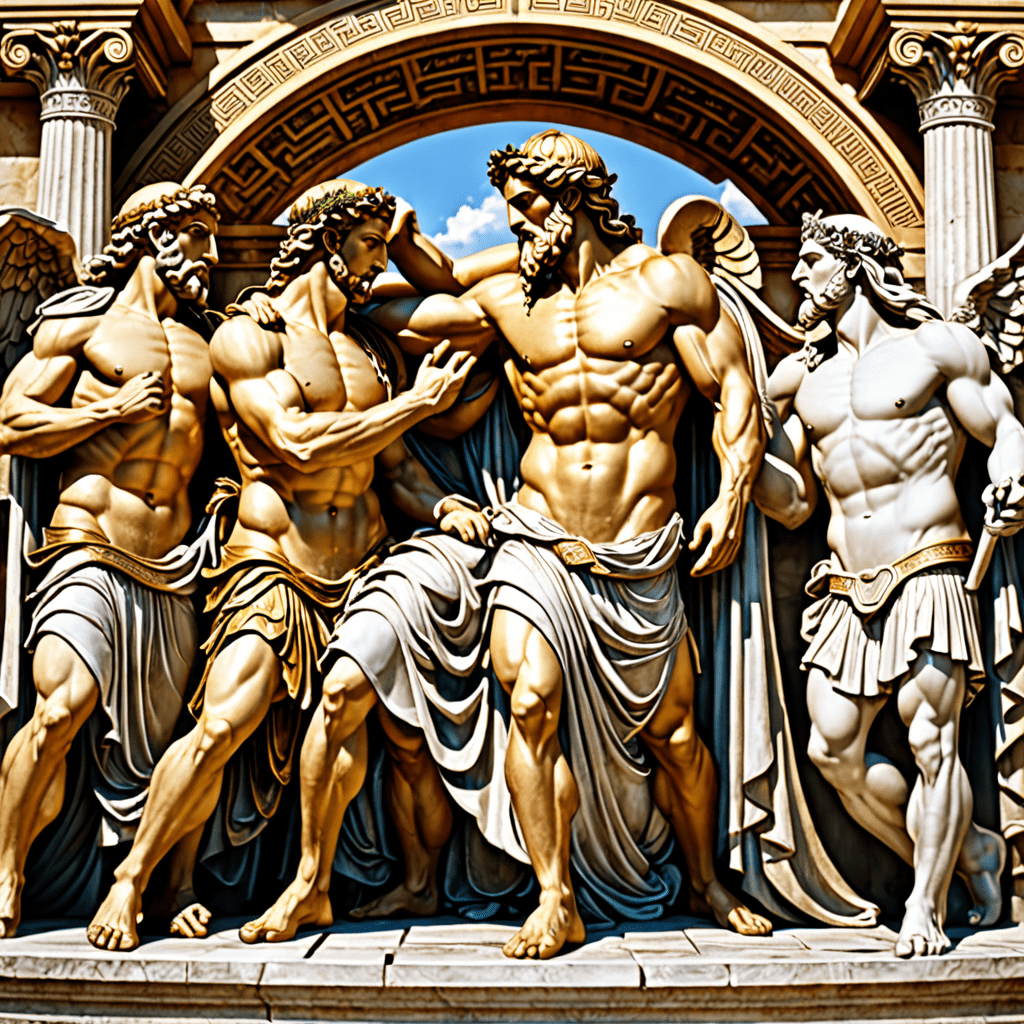The Myth of the God Min in Egyptian Mythology
Egyptian mythology is rich with fascinating tales of gods and goddesses. Among these deities, the god Min holds a significant place. Let’s delve into the myth of the god Min and explore the story behind this ancient Egyptian god’s prominence.
Who was Min in Egyptian mythology?
Min, also known as Menu, was an ancient Egyptian god associated with fertility and masculinity. He was symbolized as a man with an erect phallus, representing male potency and procreation. Min was believed to be a god of reproduction, harvest, and sexual vigor.
Role of Min in Egyptian culture
Min was revered as a vital deity in ancient Egyptian culture, particularly in the context of fertility and agricultural abundance. He was often depicted in artistic representations as holding a flail and wearing a two-feathered crown, symbols of his authority and power.
Min’s worship and festivals
The worship of Min was widespread throughout Egypt, especially in the city of Akhmim where he was regarded as a patron deity. The pharaohs also honored Min, believing that he played a crucial role in ensuring the fertility of the land and the people.
Annual festivals dedicated to Min were held to celebrate his powers of fertility and regeneration. These festivals included rituals, processions, and dances aimed at honoring and invoking the blessings of this benevolent god.
In conclusion, the myth of the god Min in Egyptian mythology provides us with insights into the ancient Egyptians’ beliefs surrounding fertility, masculinity, and agricultural abundance. The significance of Min in their culture reflects the importance they placed on these aspects of life and their deep connection to the cycles of nature.
FAQ About the Myth of the God Min in Egyptian Mythology
Who was the God Min in Egyptian Mythology?
Min was an ancient Egyptian god associated with fertility, harvest, and procreation. He was often depicted as a man with an erect phallus, symbolizing his role in fertility and regeneration.
What was the significance of the God Min?
Min was believed to bless the land with fertility, ensuring bountiful harvests and the prosperity of the people. He was also associated with the Pharaoh’s divine authority and the continuation of the royal bloodline.
How was the God Min worshipped?
Min was primarily worshipped in the city of Akhmim in Upper Egypt. His cult involved festivals celebrating his role in agriculture and fertility, often accompanied by music, dancing, and offerings of food and drink.
Was there any symbolism associated with the God Min?
Min’s symbol, the lettuce plant, represented his role in fertility and growth. Additionally, his association with the phallus symbolized the creative and regenerative powers of nature.
Did the worship of the God Min have any lasting impact?
The cult of Min endured for millennia in Egypt, with various rulers and individuals seeking his blessings for fertility and prosperity. His legacy is evident in the rich symbolism and artistic representations found in Egyptian art and mythology.



